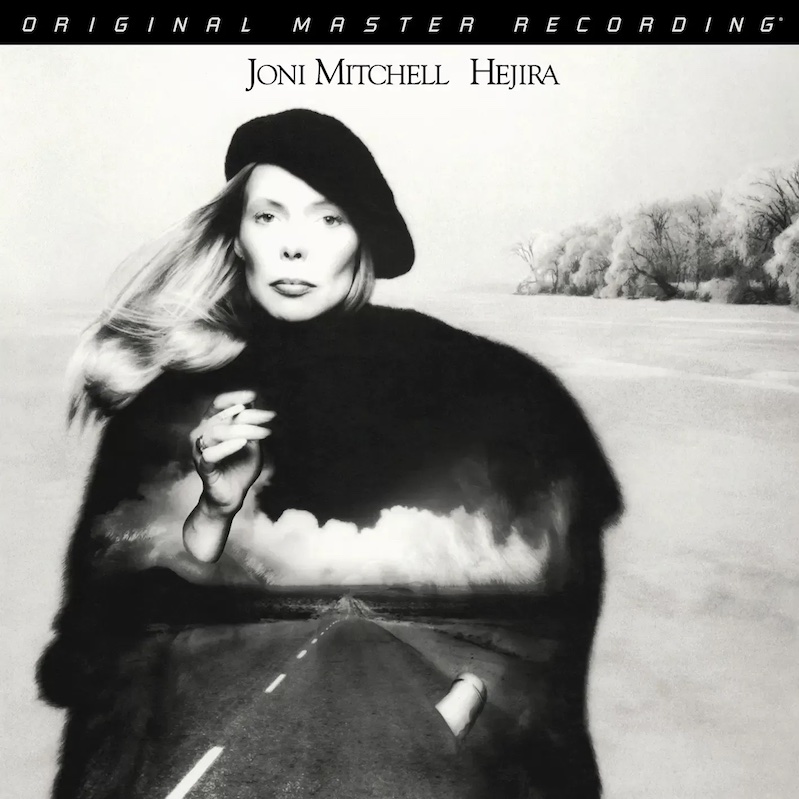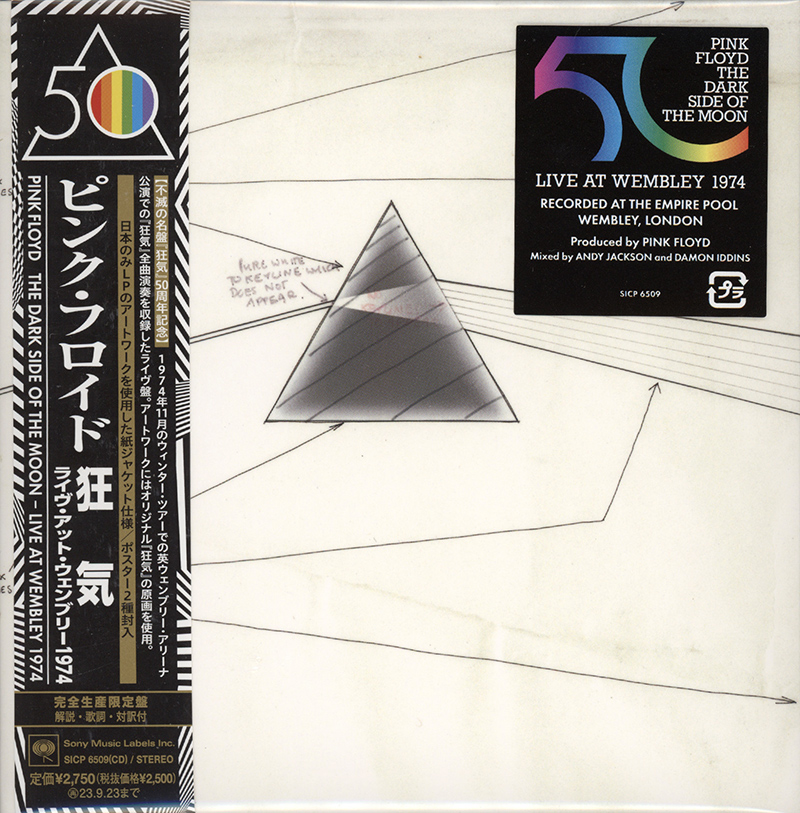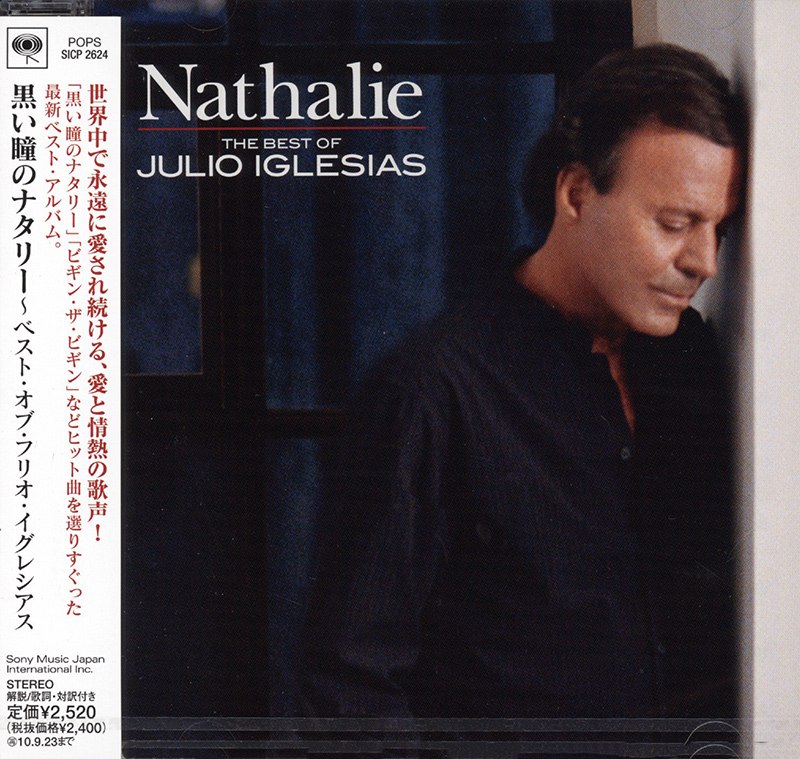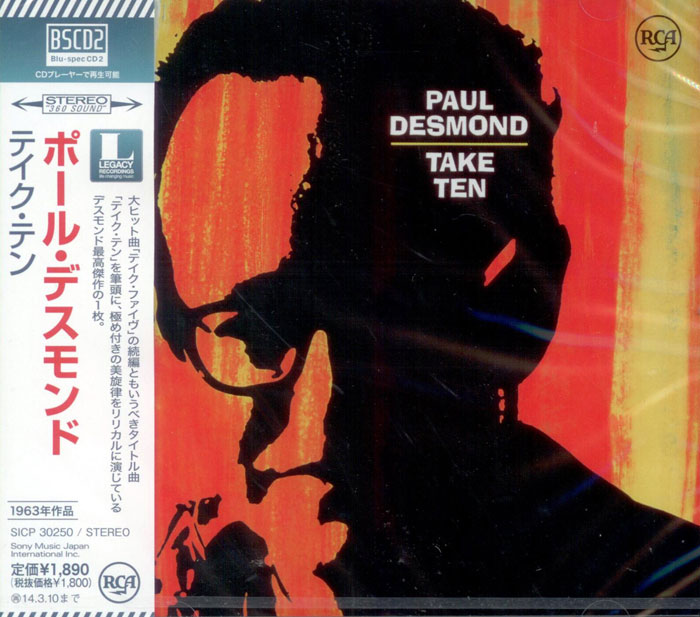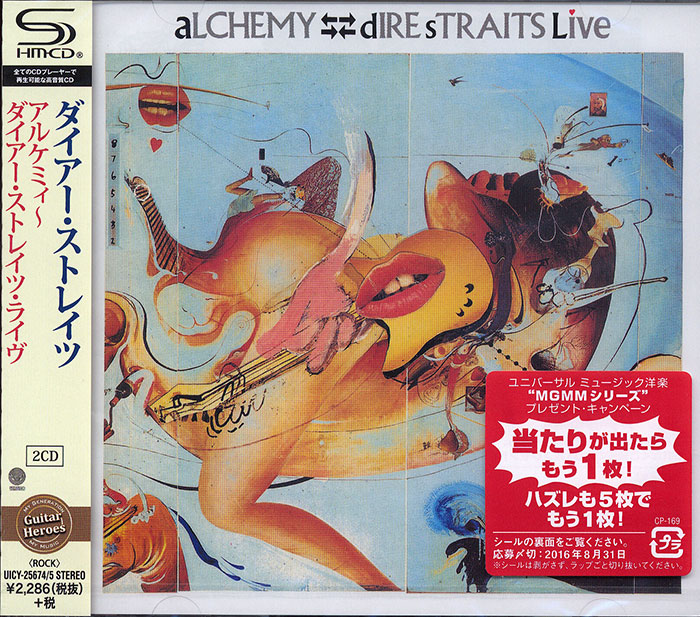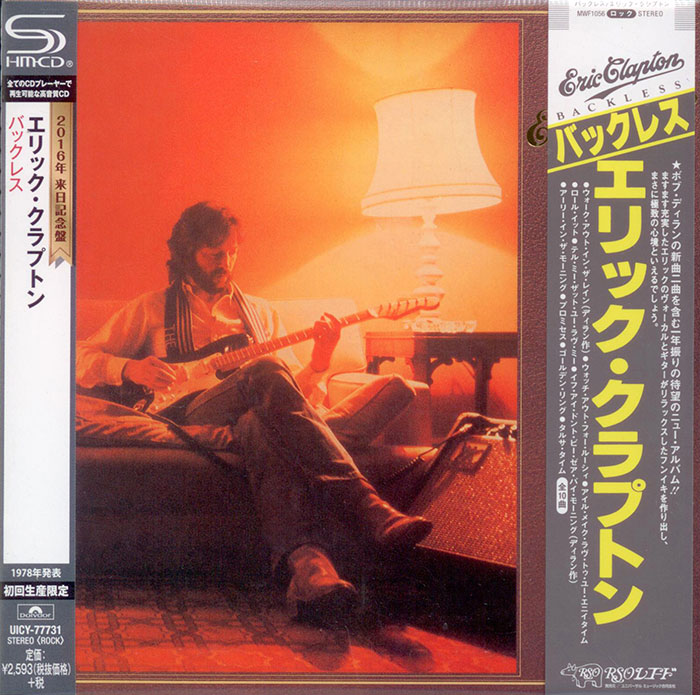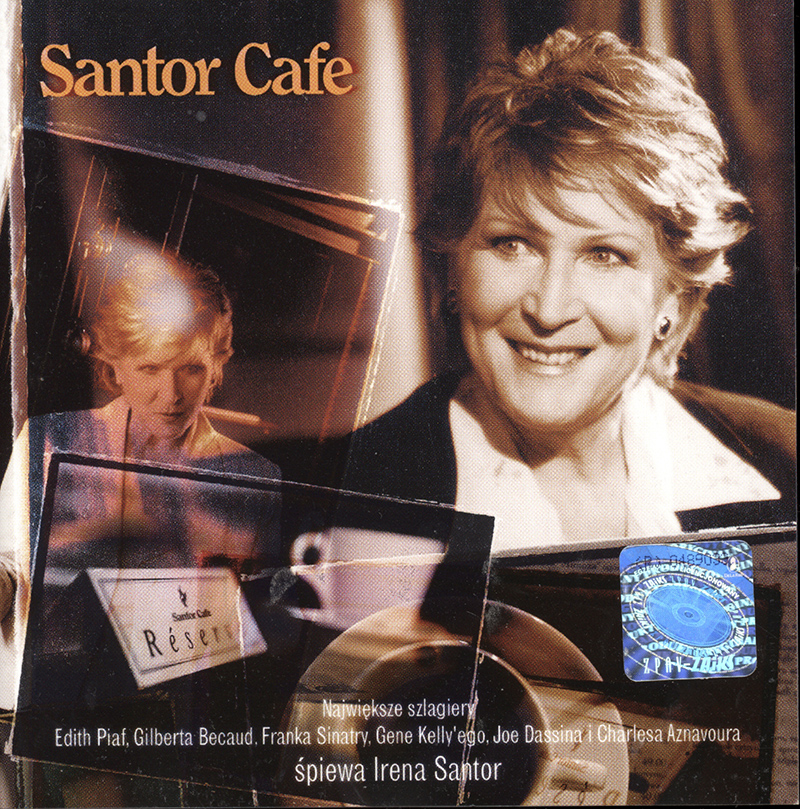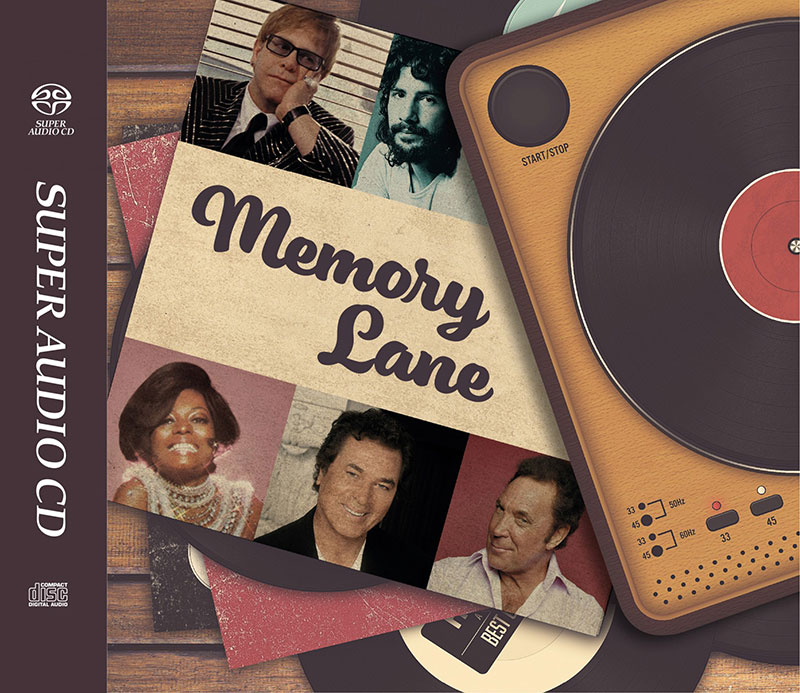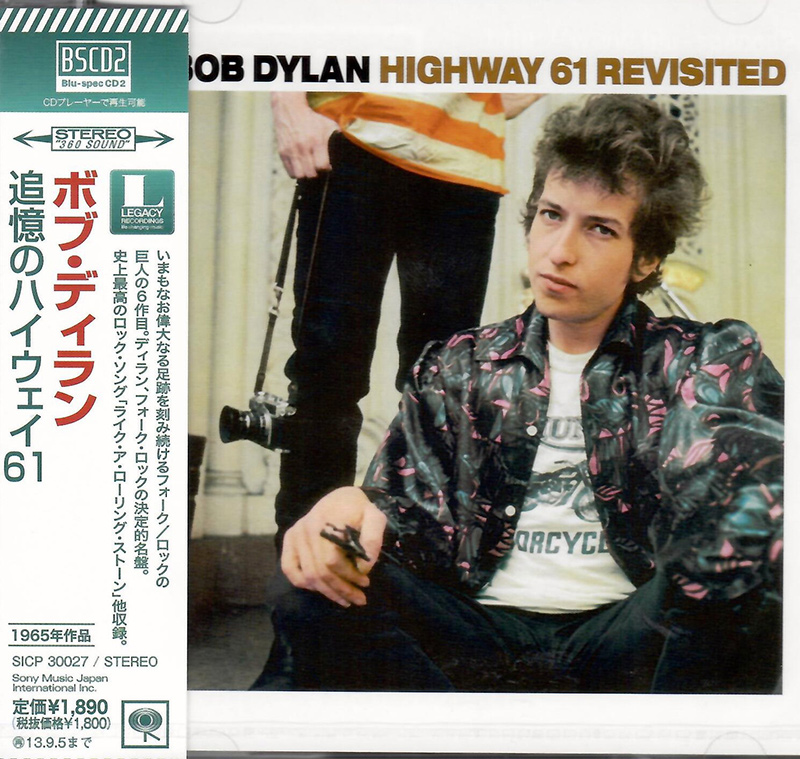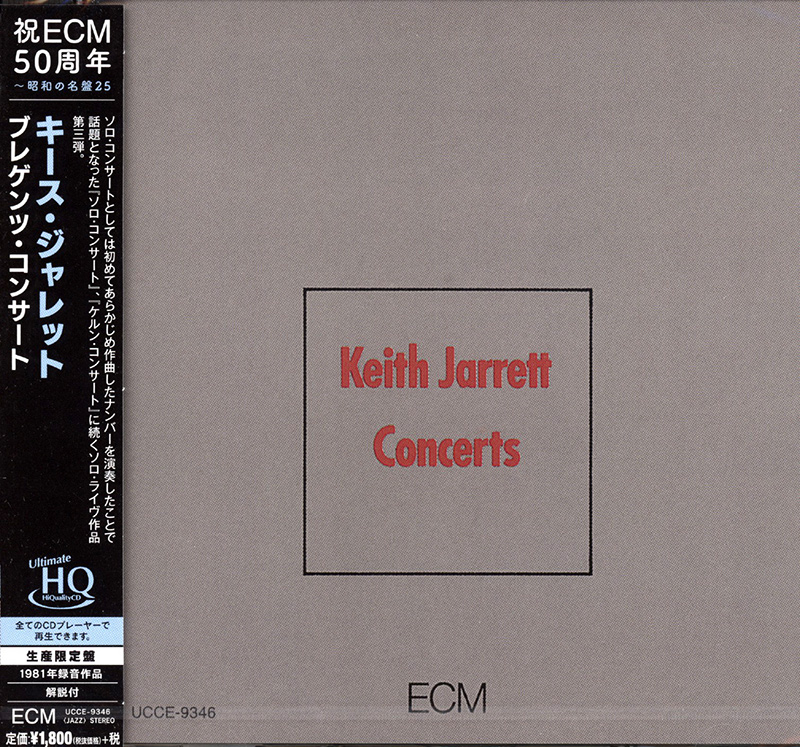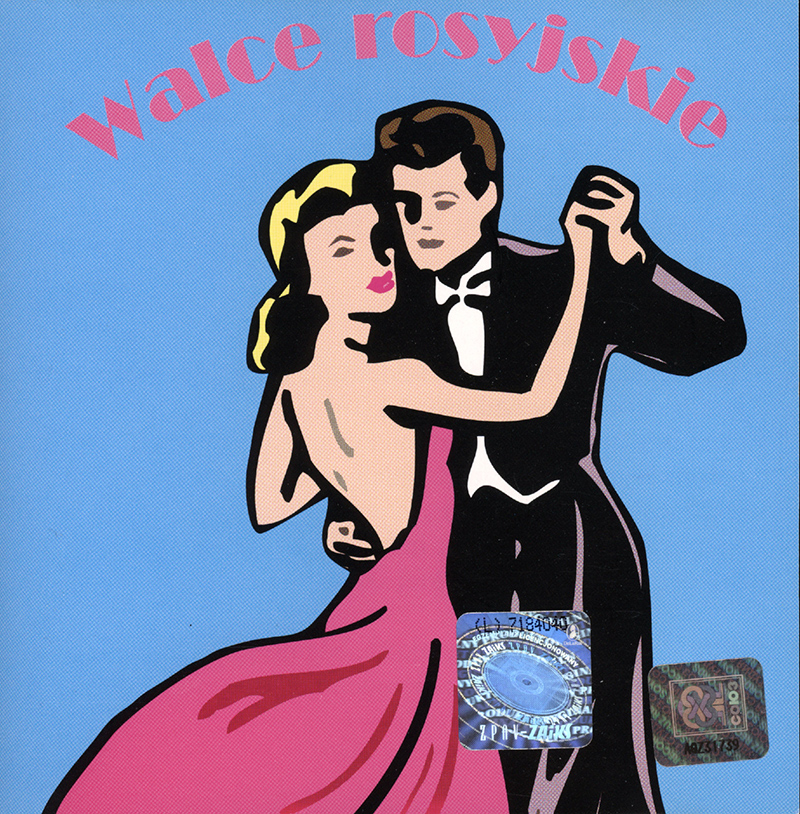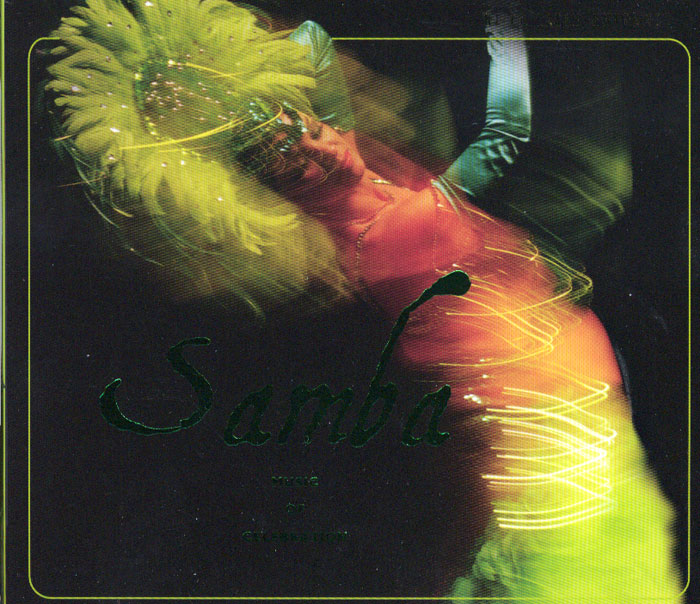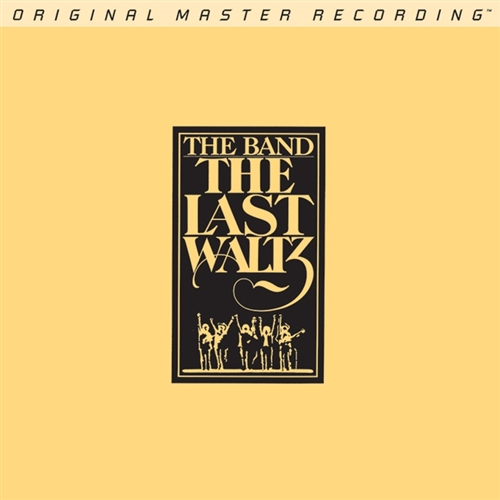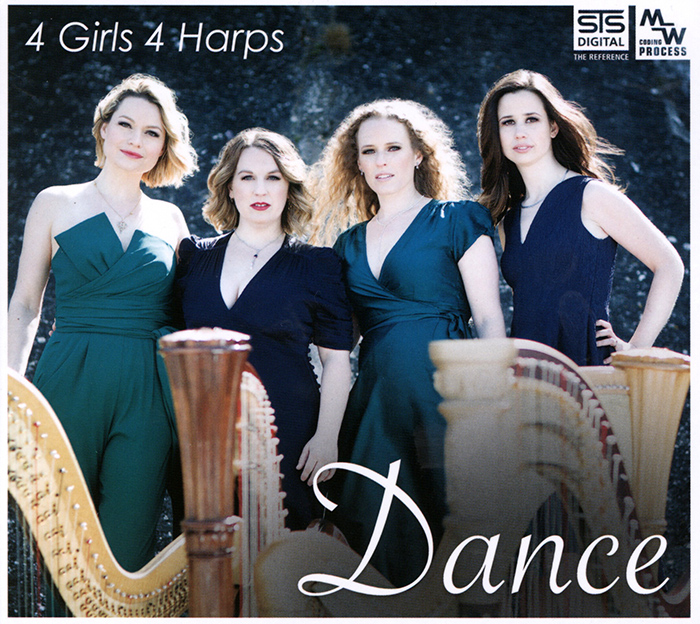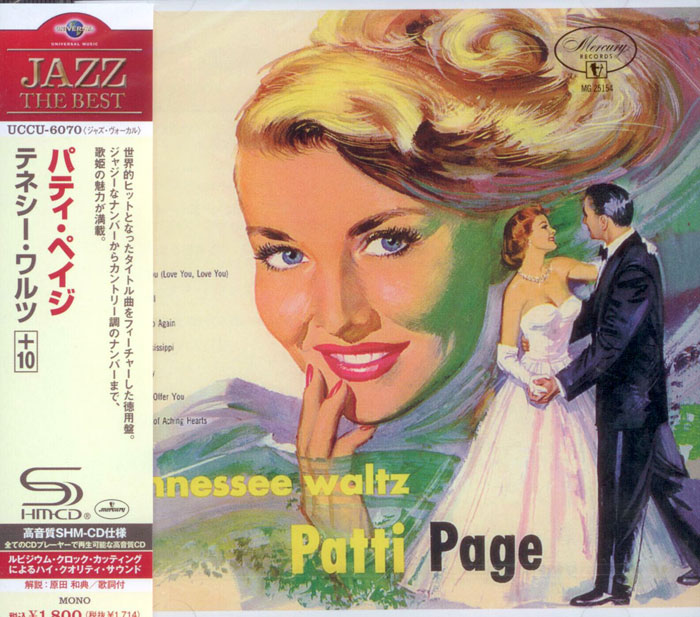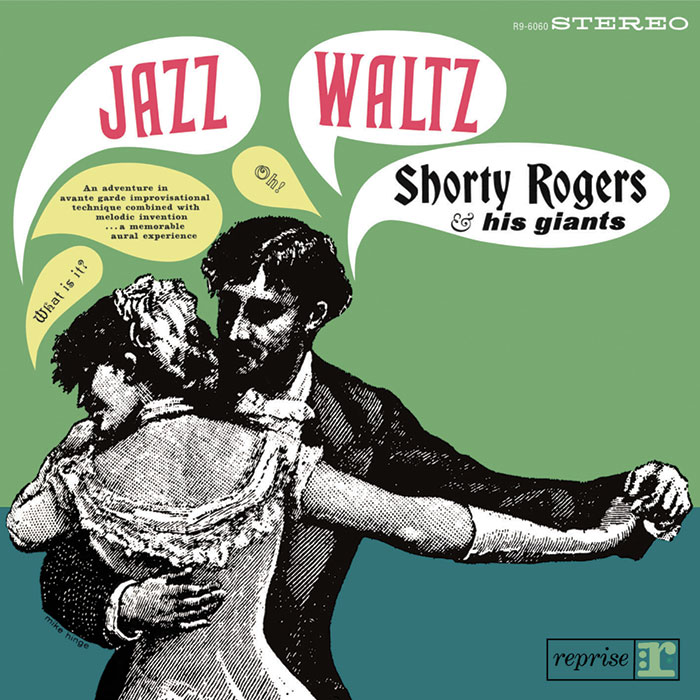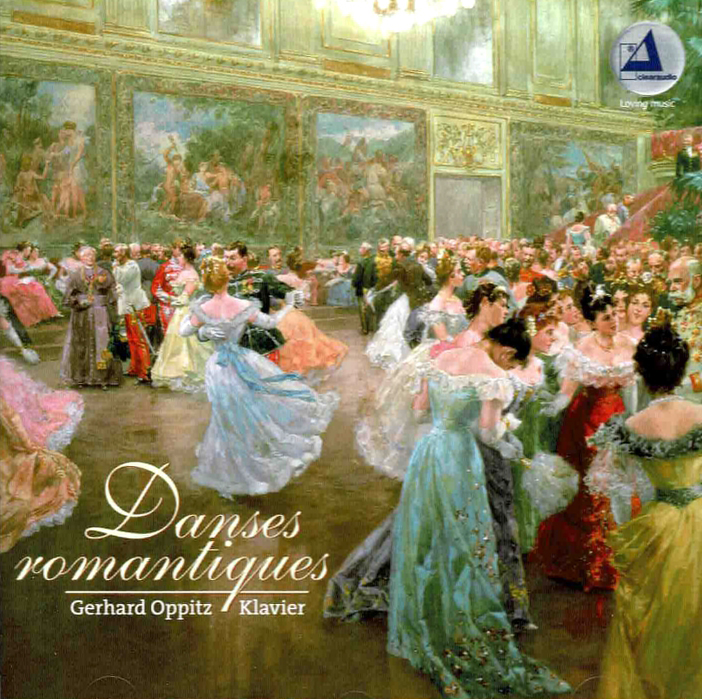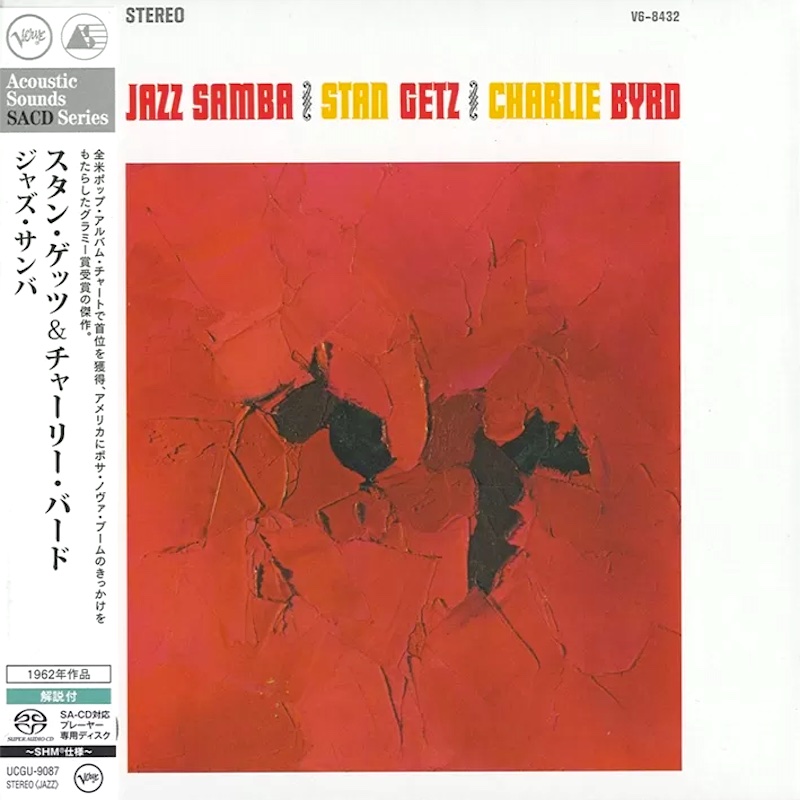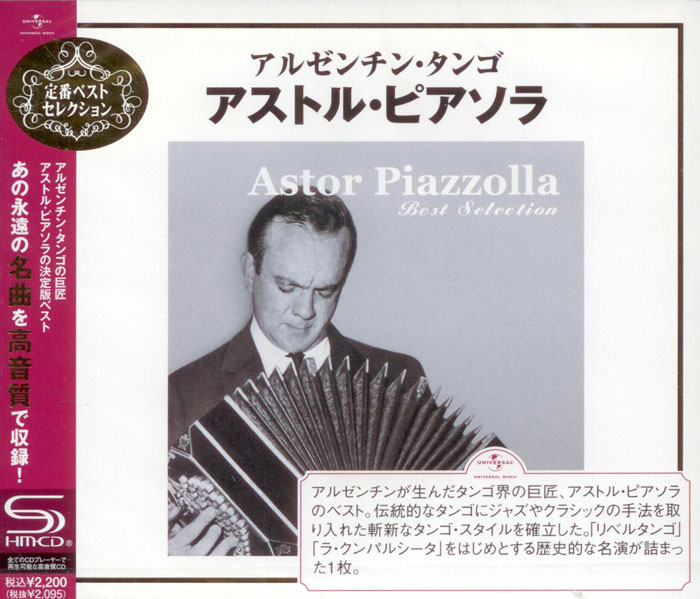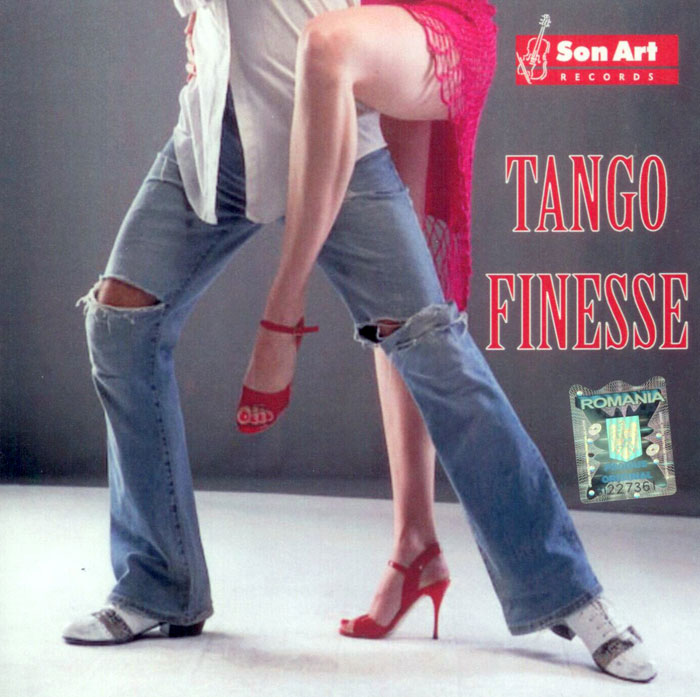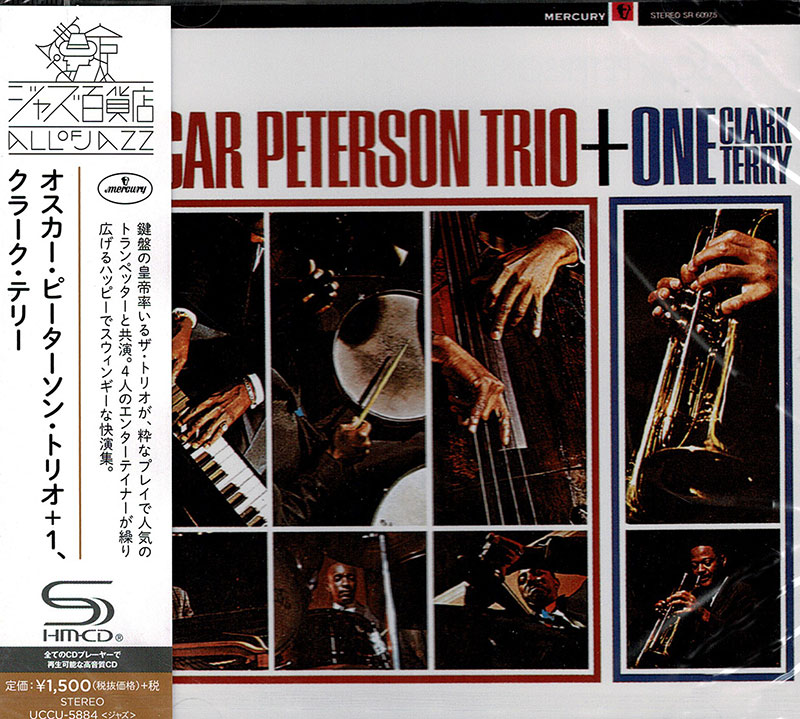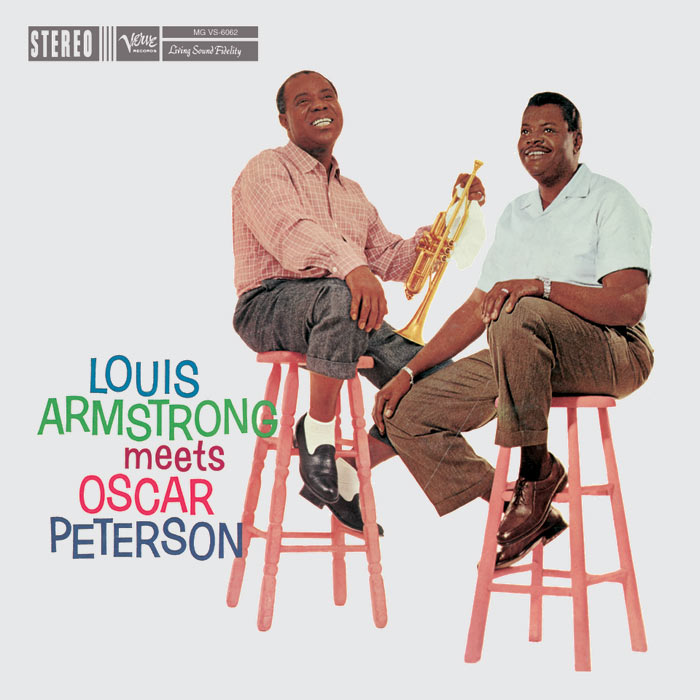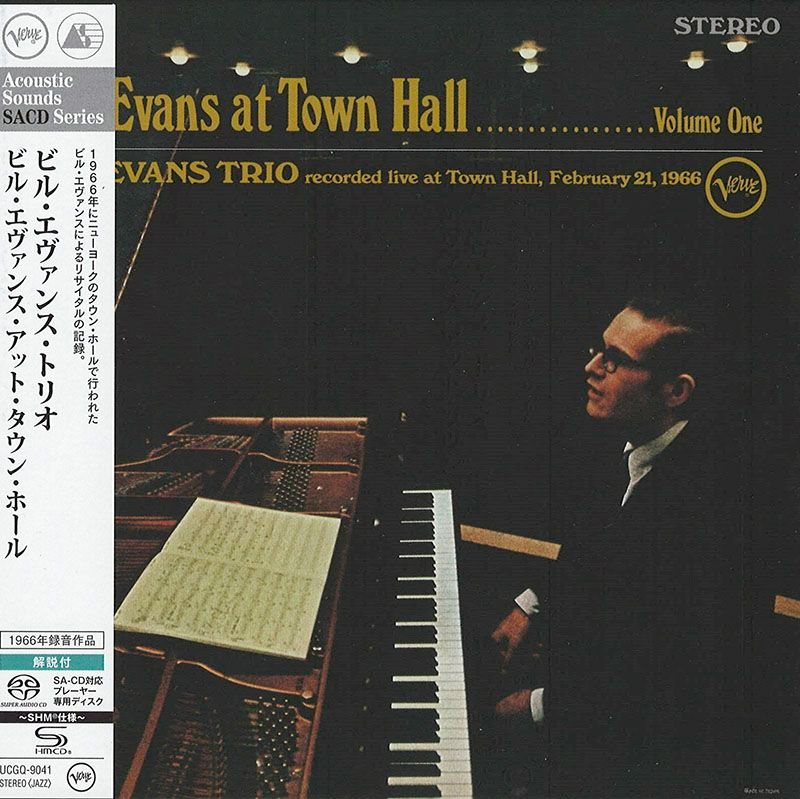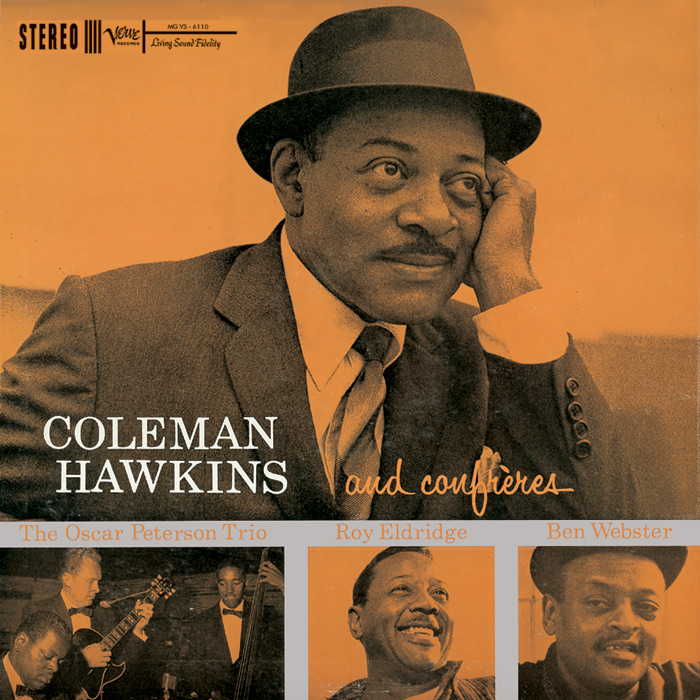Logowanie
Mikołaj - ten to ma gest!
Elton John, The Mamas & The Papas, Cat Stevens, Rod Stewart, Bobbie Gentry, Stevie Wonder, Engelbert Humperdinck
Memory Lane
Edycja Numerowana - 1000 egzemplarzy w skali światowej
RACHMANINOV, Eiji Oue, Minnesota Orchestra
Symphonic Dances / Vocalise
Best Recordings of 2001!!! NAJCZĘŚCIEJ KUPOWANA PŁYTA Z RR!
Karnawał czas zacząć!
Music of Love - Hi-Fi Latin Rhythms
Samba : Music of Celebration
AUDIOPHILE 24BIT RECORDING AND MASTERING
CHOPIN, LISZT, DEBUSSY, DVORAK, Gerhard Oppitz
Dances romantiques - A fantastic Notturno
Wzorcowa jakość audiofilska z Clearaudio
Winylowy niezbędnik
ClearAudio
Double Matrix Professional - Sonic
najbardziej inteligentna i skuteczna pralka do płyt winylowych wszelkiego typu - całkowicie automatyczna
Oscar Peterson Trio, Clark Terry
Oscar Peterson Trio + One: Clark Terry
- Oscar Peterson Trio - group
- Clark Terry - trumpet
When the contract with Verve was terminated at the beginning of 1964, Mercury’s producers and owners endeavoured to find new openings for Oscar Peterson who was committed to the piano trio. Among them was an LP of songs with Nat King Cole numbers scored for big band, the only long composition by Peterson - a reminiscence of his Canadian native country, a Latin album, and the present meet-up with Clark Terry. Filled with mutual respect, with a complete understanding of one another’s humour, and deliciously swinging without being obtrusive, these ten numbers will get your feet tapping and your fingers snapping - although exactly 40 years have passed by. Especially the blues pieces such as "Squeaky’s Blues", "Blues For Smedley" and "Incoherent Blues" are little oases of relaxed swing, freed as they are of the composers’ or producers’ preconceived ideas. In the liner notes, Oscar Peterson mentions how proud he is of the introduction to "They Didn’t Believe". And he deserves to be, but not just of this! A further reason for the relaxed atmosphere may well be that Oscar Peterson was permitted to play his own piano for the first time at a recording session. Surely he makes special mention of this because at the highly praised live sessions for Verve in London House in 1962 he had to perform on an out-of-tune piano which impaired the recordings. Looking back, one shouldn’t forget either that Oscar Peterson’s ears had already been spoiled by the Steinway and Boesendorfer pianos of SABA producer Brunner-Schwer and his excellent recording technique in his Black Forest studio. Mercury’s equally good recording technique, which is just as legendary today and eclipsed many other companies in 1964, combined with the pure vinyl used for the present pressing guarantees excellent sound. No need to worry about finger snapping - that will start up spontaneously. ************************* Oscar Peterson Trio + One" Oscar Peterson (p); Clark Terry (tr); Ray Brown (b); Ed Thigpen (dr) *************************
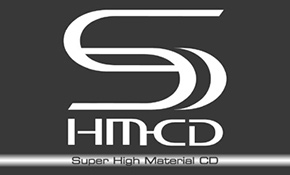 Płyty SHM-CD do odtworzenia we wszystkich typach czytników CD oraz DVD. Gwarantują niespotykaną wcześniej analogową jakość brzmienia, odwzorowują wszystkie walory taśmy-matki. Zdaniem specjalistów - ten nośnik i ta technologia najlepiej - bo natywnie, przenosi na krążek CD wszystkie walory nagrania analogowego. |
